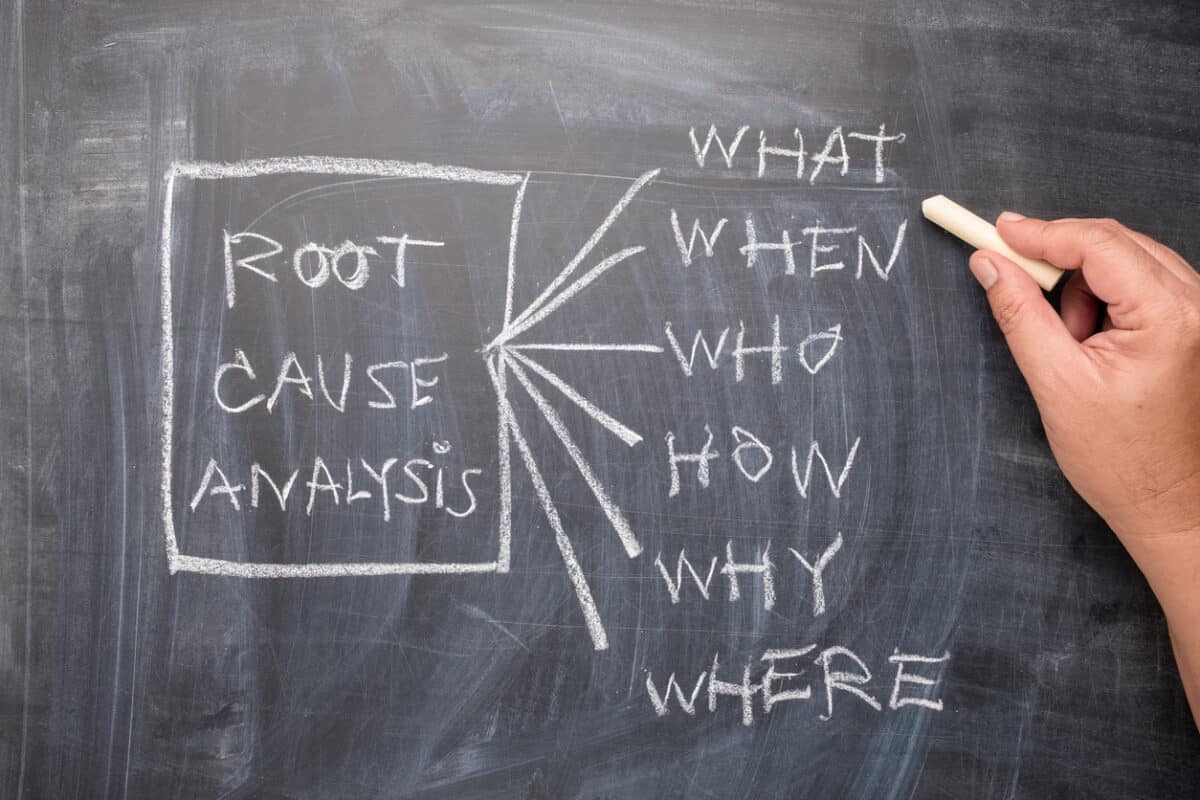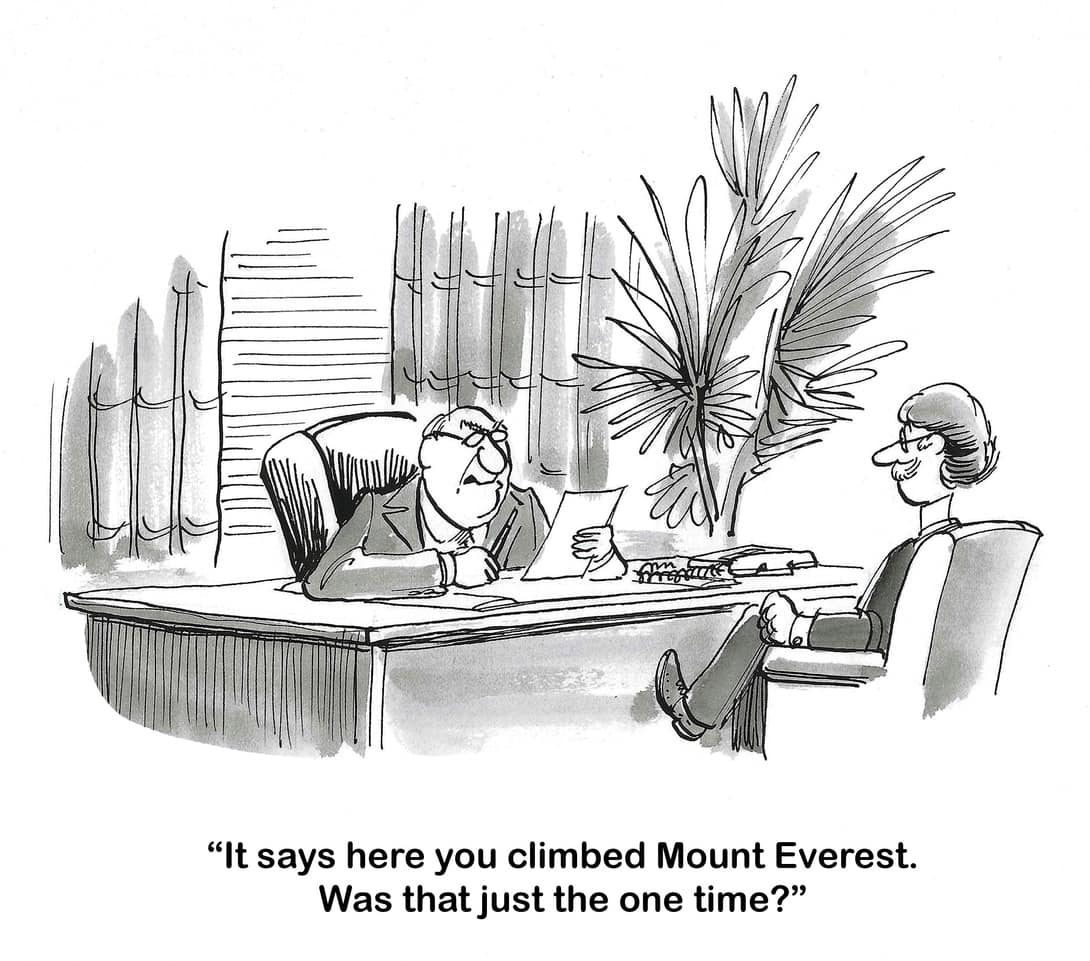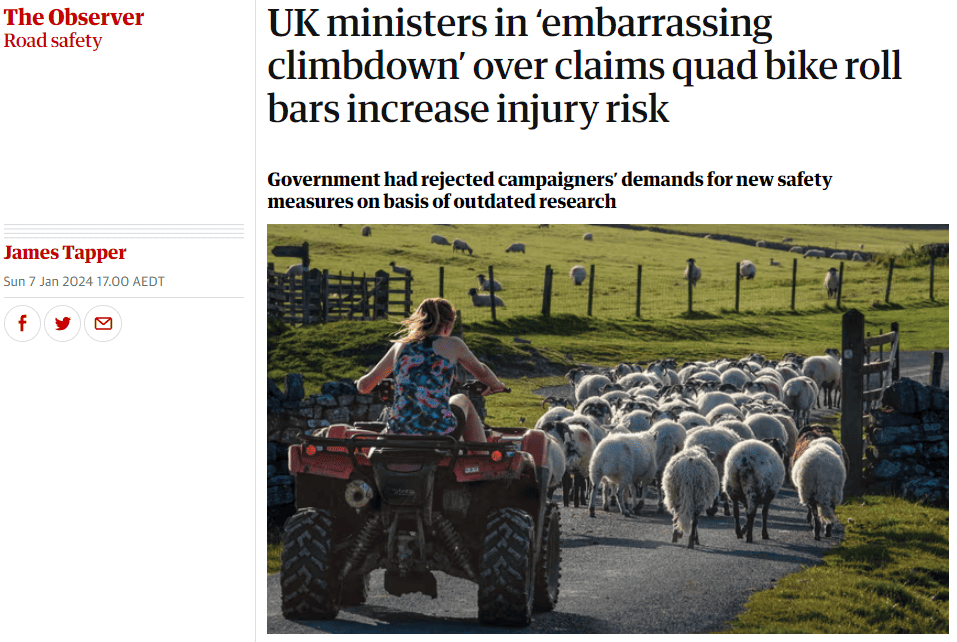It was inevitable that all States in Australia would end up with Industrial Manslaughter (IM) penalties related to occupational health and safety (OHS). Tasmania is the latest to start the consultation on these laws, and again, it has required a work-related tragedy to generate the outrage that seems required for such a push.
The Australian Broadcasting Corporation is reporting on the grief and outrage of Georgie Burt, one of the parents of
“….one of six children who died when a jumping castle became airborne at an end-of-year celebration at Hillcrest Primary School in Devonport in 2021.”
hyperlink added







